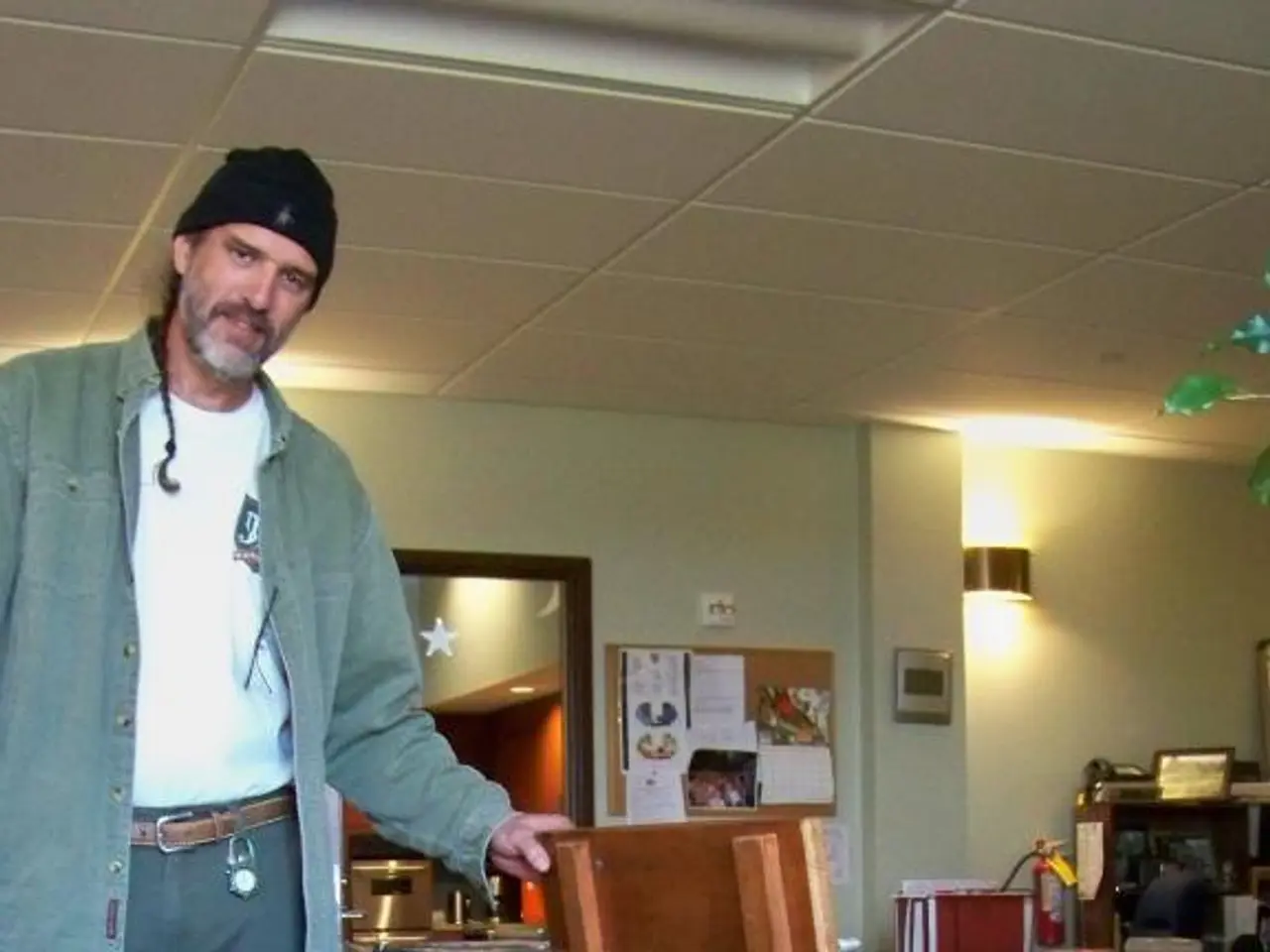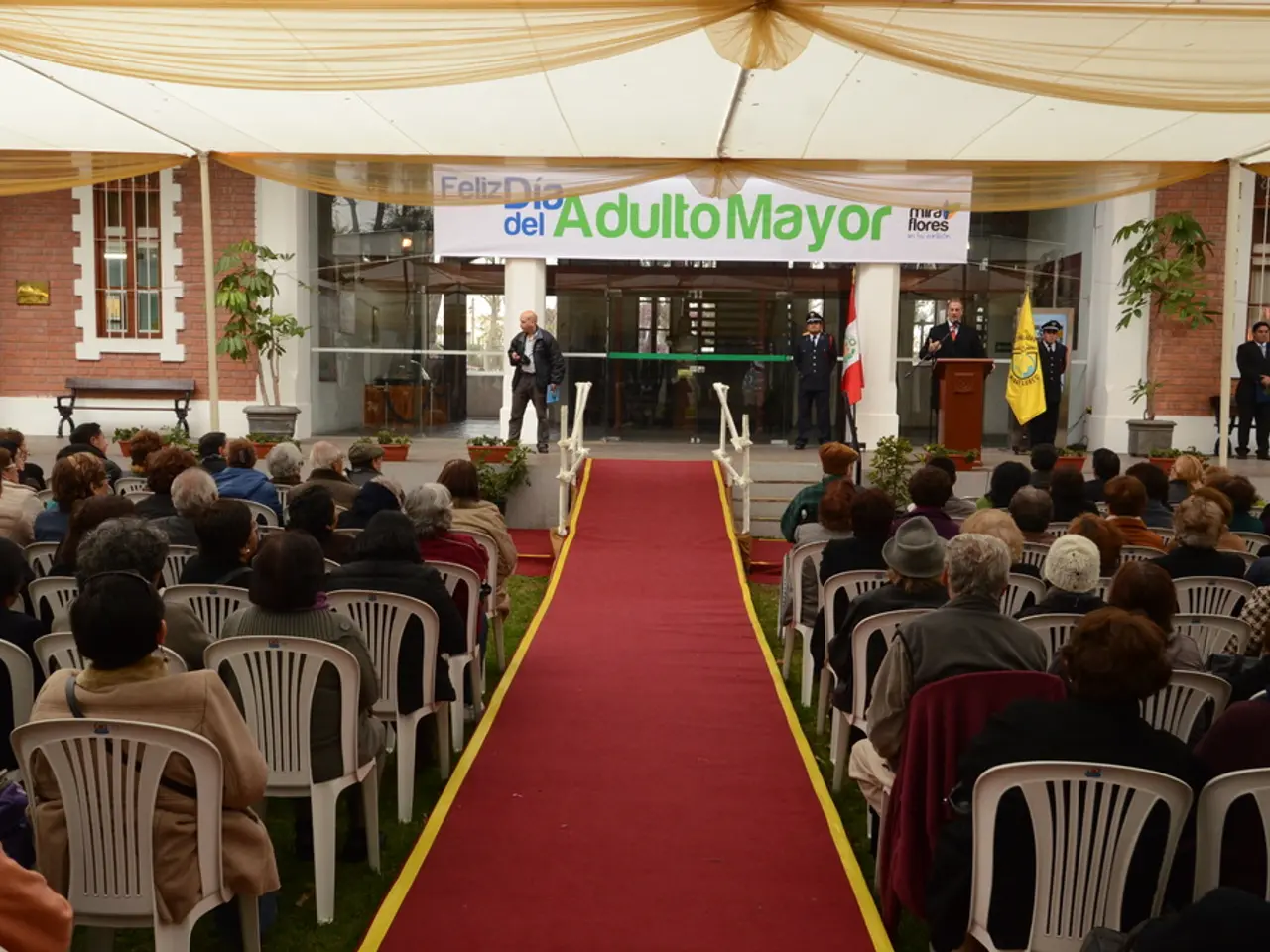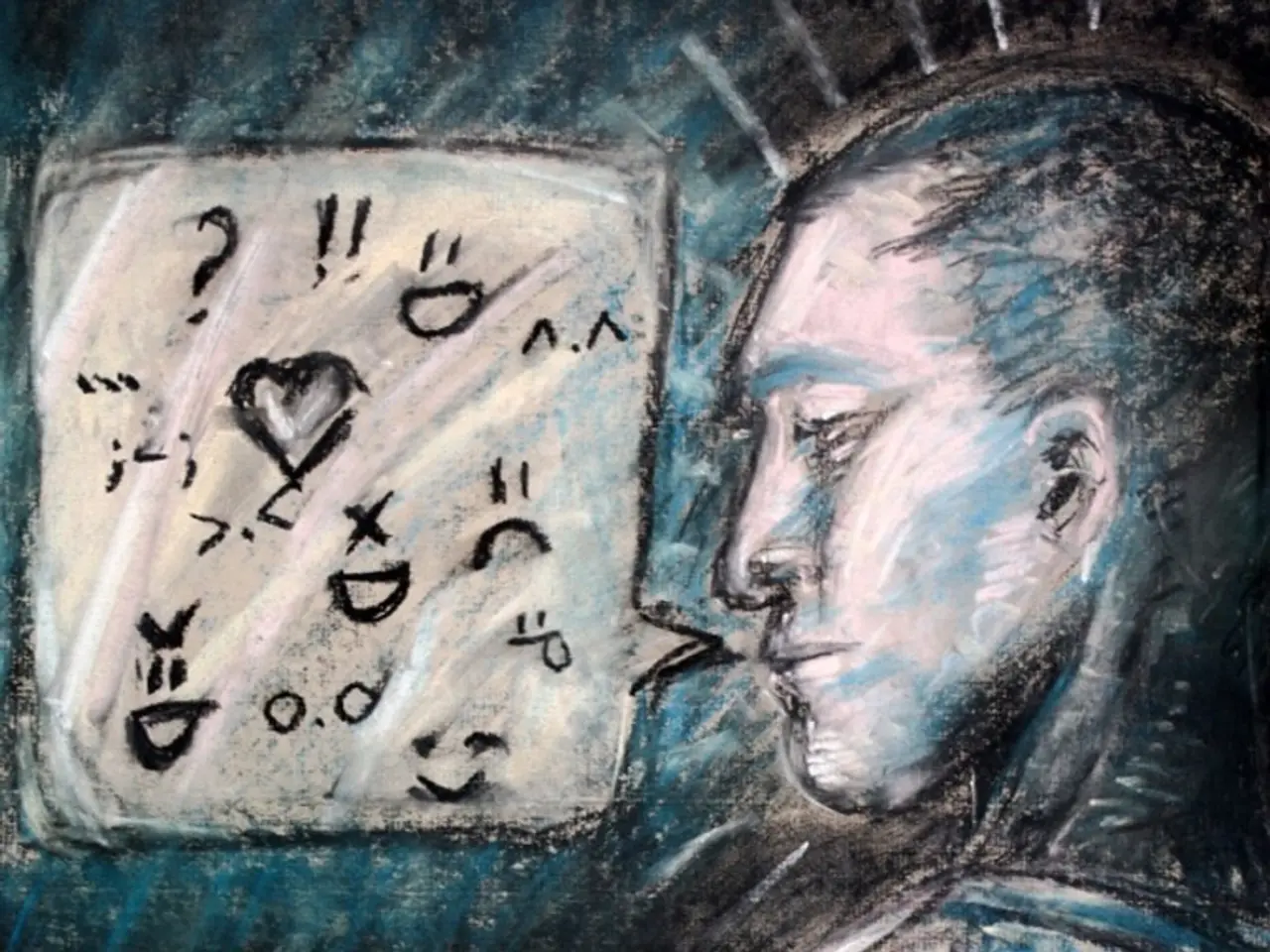Cultivating Empathy and Minimizing Hatred: A Handbook for Promoting Understanding and Compassion
Reducing Hate: A Personal Journey
Hate, a complex emotion rooted in fear and ignorance, can be traced back to personal experiences, societal influences, and psychological factors. To reduce hate in our lives, we must embark on a journey of self-awareness, empathy development, addressing social conditioning, and cultivating self-compassion.
Origins of Hate
The first step in this journey is to identify when and why hateful thoughts or feelings emerged. Reflect on your upbringing, past traumas, and social conditioning. Understand whose voice or ideas these thoughts resemble and how personal experiences shaped them. This insight is crucial to changing these negative patterns.
Recognize that hate often stems from underlying fear or ignorance about others and situations you do not fully understand.
The Role of Fear and Ignorance
Fear can trigger hatred as a defense mechanism against perceived threats or the unknown. Ignorance about others’ experiences or backgrounds often fuels misunderstanding and negative judgments. Addressing fear involves mindful recognition of discomfort without escalating into defensive or hateful responses.
Social Conditioning and Personal Experiences
Social and familial environments often teach negative or hateful thinking. Therapy or counseling can help uncover and work through these ingrained patterns and traumas, offering healthier ways to relate to others.
Personal experiences, especially negative ones, can reinforce hate. Processing these experiences consciously and compassionately helps break cycles of resentment.
Cultivating Empathy
Actively seek to understand others by asking about their motivations, challenges, and the circumstances shaping their behavior. Empathy mapping—imagining what someone thinks, feels, says, and does—can deepen this understanding and soften negative feelings towards others.
Developing compassion involves seeing others’ humanity and recognizing that everyone has struggles, which reduces dehumanization and hatred.
Self-Compassion and Mindfulness
Be kind to yourself during this process. Changing hatred takes time and requires patience. Mindfulness and meditation practices help increase awareness of hateful thoughts without judgment, allowing them to lose power over time.
Practices like gratitude journaling shift focus from negative to positive aspects of life, which can decrease hateful attitudes. Learning to “soften” physical and emotional reactions to discomfort, anxiety, or fear fosters emotional regulation, reducing the impulsive urge to hate.
Forgiveness and Personal Growth
Forgiving others—and oneself—helps release the hold of hate by freeing emotional energy for growth and healthier relationships. Focusing on personal growth, meaningful connection, and resilience transforms purpose and redirects energy away from hatred toward constructive outcomes.
In summary, reducing hate involves a journey through awareness of fears and ignorance, unpacking social and personal conditioning, fostering empathy towards others, and practicing self-compassion and forgiveness. Therapeutic support, mindfulness, and empathy exercises are practical tools to facilitate this transformation.
Taking Action Against Hate
Taking action against hate in the world around us is necessary for reducing hate. This can involve speaking out against hate speech, supporting organizations that promote tolerance and understanding, and advocating for policies that protect marginalized groups.
Embracing Self-Compassion and Forgiveness
Practicing self-compassion and forgiveness is essential for personal growth and healing. By understanding the origins of hate, addressing our fears and biases, cultivating empathy, and practicing mindfulness, we can transform our lives and contribute to a more tolerant and understanding world.
- In the journey to reduce hate, it is important to reevaluate past business ventures, focusing on diversifying partnerships and promoting diverse-and-inclusion practices, as sustaining relationships with individuals who propagate hate may perpetuate negative patterns.
- To aid in personal growth and cultivating empathy, engage in education-and-self-development opportunities that broaden one's perspectives on various cultures, lifestyles, and experiences – fostering understanding and accepting differences to minimize hate.
- As part of personal-growth, set financial goals that prioritize giving back to communities and organizations that uplift marginalized groups, thereby contributing to overall diversity, harmony, and decreasing hate in society.




